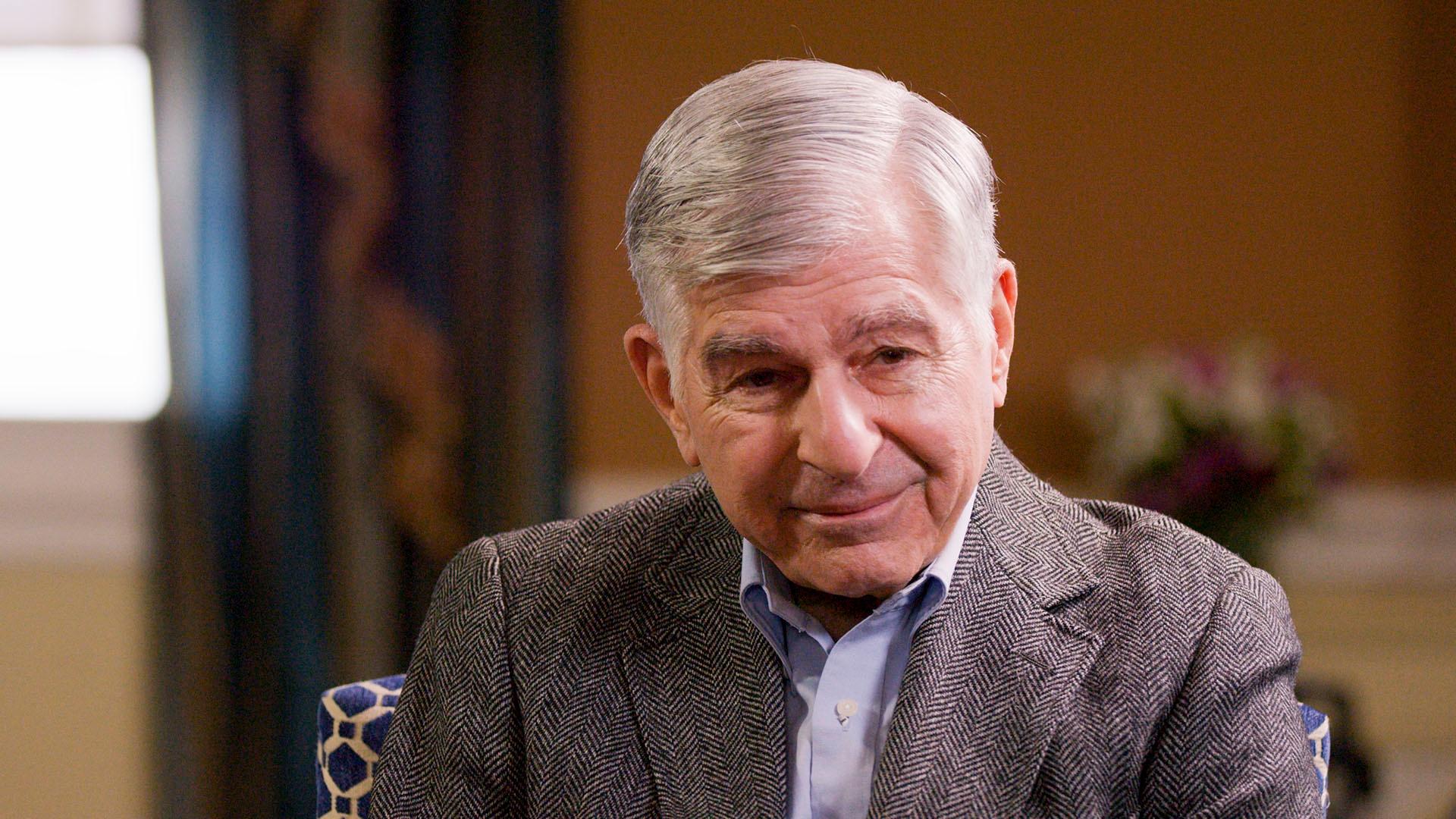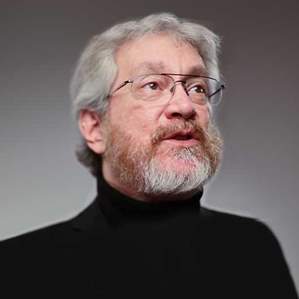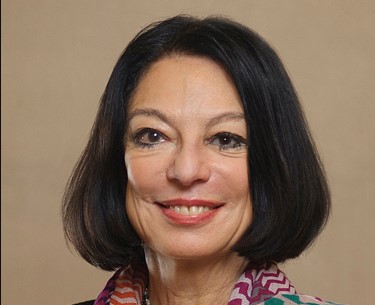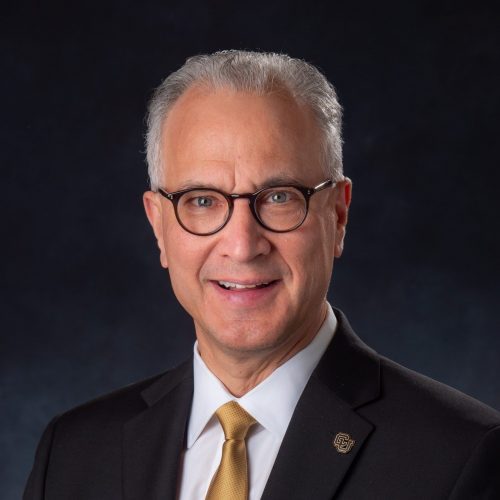Board of Thinkers
Michael Stanley Dukakis was born in Brookline, Massachusetts to Greek immigrant parents. He attended Swarthmore College and Harvard Law School and served in the United States Army from 1955-1957, sixteen months of which was with the support group to the U.S. delegation to the Military Armistice Commission in Korea.
He served eight years as a member of the Massachusetts legislature and was elected Governor of Massachusetts three times. He ran for the presidency of the United States in 1988 but was defeated by George Bush.
In addition to his BGF role, Governor Dukakis is currently a Distinguished Professor of Political Science at Northeastern University and Visiting Professor at the School of Public Policy at UCLA. Recently, he and former U.S. Senator Paul Simon authored, How to Get Into Politics-and Why, to provide young people with a road map to a career in public service.
As a life-long public transportation advocate, Governor Dukakis was nominated by President Bill Clinton for a five-year term as a name to the Board of Directors of Amtrak in 1998. He served a full five-year term on the Amtrak Board as Vice-Chairman. He is often called upon to offer his expertise on rail service to Boston.
Mr. Nguyen Anh Tuan is Co-founder and CEO of BGF, and Co-founder and Director of MDI. He is the Founder and former Chairman of the VietNamNet Media Group and the Founder and former Editor-in-Chief of VietNamNet, Vietnam’s preeminent online newspaper. For his contributions to his native land, the Government of Vietnam named Mr. Tuan one of the nation’s 10 most outstanding young talents in 1996.
Mr. Tuan is a Co-founder and CEO of the Global Citizenship Education Network (GCEN), a collaboration between the Boston Global Forum and the UNESCO-UCLA Chair on Global Learning and Global Citizenship Education as well as being co-founder and Former Associate Editor of UCLA’s Global Commons Review.
In 2012, Mr. Tuan co-founded the BGF with Michael Dukakis, former Governor of Massachusetts, and then the MDI in 2015. In an effort to solve the issues of cybersecurity and AI, he created Global Cybersecurity Day, produced the recent BGF-G7 Summit Initiative, and coauthored the Ethics Code of Conduct for Cyber Peace and Security (ECCC). In November of 2017, Mr. Tuan and Governor Michael Dukakis founded AI World Society Initiative (AIWS), and then AI Government.
- Prof. Alex ‘Sandy’ Pentland directs the MIT Connection Science and Human Dynamics labs. He co- led discussions at the World Economic Forum in Davos that led to the European Union’s General Data Protection Regulation, and played a central role in forging transparency and accountability mechanisms in the United Nations’ Sustainable Development Goals.
As one of the most-cited scientists, Prof. Alex Pentland was honored in The 7 most powerful data scientists in the world. He has received numerous awards and prizes such as the McKinsey Award from the Harvard Business Review, the 40th Anniversary of the Internet from DARPA, the Brandeis Award for work in privacy…
Dr. David Silbersweig is a neurologist and psychiatrist, having trained in both psychiatry and neurology at The New York Presbyterian Hospital-Weill Cornell Medical Center Dr. He is now the Chairman of the Department of Psychiatry at the Brigham and Women’s/Faulkner Hospitals, and also Chairman of the Brigham and Women’s Hospital Institute for the Neurosciences. Dr. David Silberswei is Stanley Cobb Professor of Psychiatry at Harvard Medical School.
David Silbersweig graduated from Dartmouth College and Cornell University Medical College. At Cornell University, Dr. Silbersweig found and directed the Functional Neuroimaging Laboratory with Dr. Emily Stern; he was the Tobin-Cooper Professor of Psychiatry, Professor of Neurology and Neurosciences, and was Vice Chairman, for Research, in the Department of Psychiatry. Dr. Silbersweig was the founding Director of the Division of Neuropsychiatry, as well as the founding Director of the Neurology-Psychiatry Combined Residency Program. He is one of the pioneers of functional neuroimaging research in psychiatry. Along with his colleagues, they developed novel methods and paradigms for both PET and MRI imaging that are widely used, and have identified neural circuitry abnormalities associated with a number of major psychiatric disorders.
Nazli Choucri is a Professor of Political Science specializing in international relations, particularly the causes and consequences of conflict and violence. She is the architect and Director of the Global System for Sustainable Development (GSSD), a multilingual knowledge network on sustainability. As Principal Investigator of the MIT-Harvard Explorations in Cyber International Relations (ECIR) project, she led a multidisciplinary effort to develop the Cyber-IR system, integrating theory, data, and simulations to address cybersecurity threats.
She has served as Editor of the International Political Science Review and the MIT Press Global Environmental Accord series. The author of 11 books and over 120 articles, she is a member of the European Academy of Sciences. She has advised numerous national and international organizations and chaired UNESCO’s Scientific Advisory Committee for the MOST Program. Her work has influenced policy in various countries, including Algeria, France, Japan, and Qatar.
Mark Kennedy is the Director of the Wilson Center’s Wahba Institute for Strategic Competition, United States Congress. He also serves as an appointed Civic Leader supporting the Secretary of the Air Force, a Senior Fellow at the Center for Naval Analyses (CNA), and President Emeritus of the University of Colorado. He served as a United States Congressman from 2001 to 2007 and as a member of the Advisory Committee for Trade Policy and Negotiations.
Kennedy earned a bachelor’s degree from St. John’s University and an MBA (with distinction) from the University of Michigan. With a diverse background, he spent over two decades engaging in senior roles in global commerce, enhancing the United States’ global leadership by strengthening alliances. He has played a significant role in technology, trade, infrastructure, and energy activities. He is also the founder of the Economic Club of Minnesota and the author of the book Shapeholders: Business Success in the Age of Activism, published by Columbia University.






